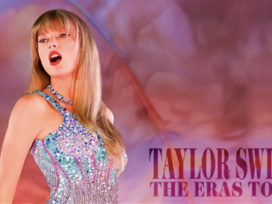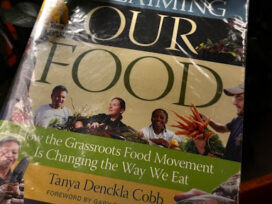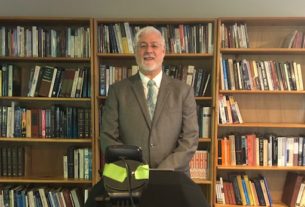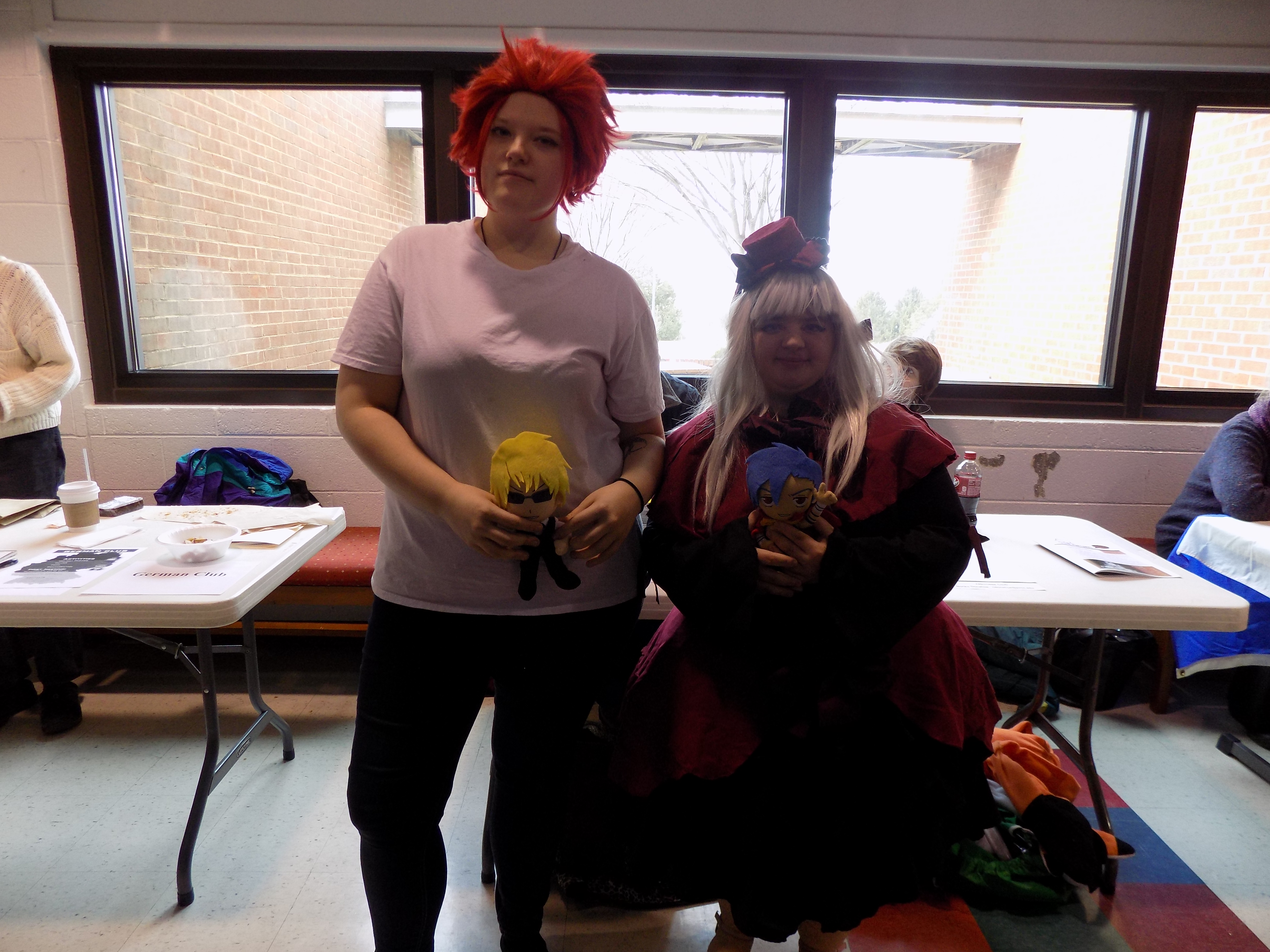
UVA Women’s Center is committed to Charlottesville community
To honor Women’s History Month, this article highlights the University of Virginia’s Maxine Platzer Lynn Women’s Center and the resources they provide to the Charlottesville and UVA community.
The Women’s Center, founded in 1989 and named after Maxine Platzer Lynn (Curry ‘51), provides support and counseling services to all regardless of their identity. According to current Director, Dr. Abby Palko, the Women’s Center’s counseling services are their best known resource. “We provide free, trauma-informed counseling for the UVA community … We also have a year-long internship for undergraduate students; our interns learn how to develop programming that works for gender equity from an antiracist, intersectional feminist, social justice-oriented perspective,” she said.
Though affiliated with UVA, the Women’s Center serves as an asset to the greater Charlottesville community as well. Palko said, “In addition to our counseling services and experiential learning opportunities, we offer events and lectures during the academic year to highlight gender-based issues that impact our community. Many of these events, including our annual Community MLK Celebration speaker, are open to the public.”
As a cisgender man, I asked what it means for me to be an ally to women. Palko said, “Being an ally to women means recognizing first, their humanity and second acknowledging and working to undo the ways that our culture harms or disadvantages them.”
Palko suggested three actionable steps men could take saying, “A key step to being an effective ally is to work to understand [women’s] reality — in group settings, pay attention to how often you’re talking and how much (or little) the women in the group are talking …” Palko also added, “A third concrete action that men can take is to make a difference in all-male settings. When the Access Hollywood tape was released in the fall of 2016, the rhetoric was dismissed as ‘locker room talk’. When men insult and degrade women to each other, how do you react? Do you let it pass, go along with it, join in? Or do you offer a ‘that’s not cool’?”
Men are often associated with their masculinity. However, not all forms of masculinity are healthy expressions. “Healthy masculinity accepts and embraces the full spectrum of human emotion … In a committed relationship and family, healthy masculinity means men are full active participants in their relationships. They don’t leave all of the emotional labor to women in their life, nor do they deploy learned helplessness … Healthy masculinity is confident in its choices when measured against their own values, not against cultural norms of what a ‘real’ man is or does … Healthy masculinity views women as people, not objects,” Palko said.
With March being Women’s History Month, we are reminded of the countless contributions of women throughout history. With that in mind, I wanted to ask Director Palko about some of her favorite transformational leaders during the 20th century. She said, “There are some women I think of immediately — like Eleanor Roosevelt, Patsy Matsu Takemoto Mink, Sylvia Rivera, Shirley Chisholm, Sacheen Littlefeather, and Joan Baez who lived their lives refusing to follow what the gender norms of their moment would have dictated.” While these women’s legacies may live on, Palko added the importance of the unnamed women who fought for gender equity in their everyday lives.
“I’m drawn to the women whose names we’ll never know. For every woman who broke down a barrier, many others pushed against it. And those are the ones I really want us to think about,” Palko said.
The Maxine Platzer Women’s center is located at 1400 University Ave. The main office phone is (434) 982-2361. For more information visit their website https://womenscenter.virginia.edu or email womenscenterservices@virginia.edu. Additionally, to find community resources, visit the Resource Navigator on the Women’s Center website.






